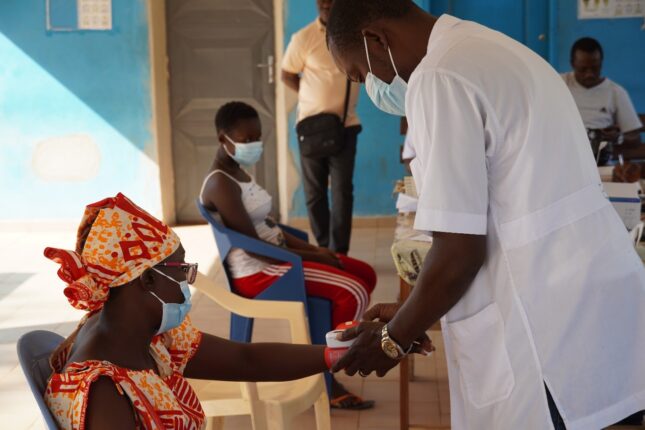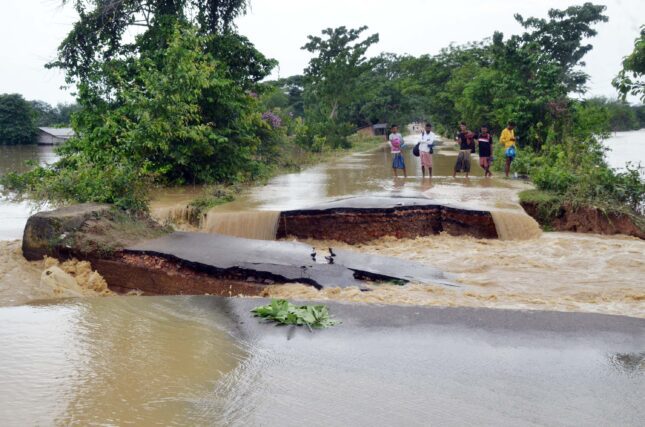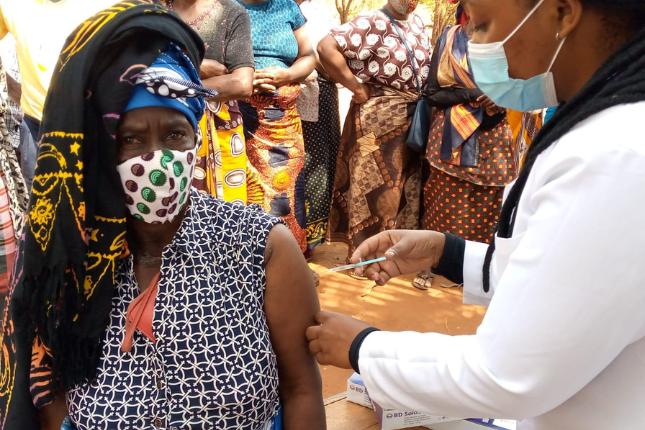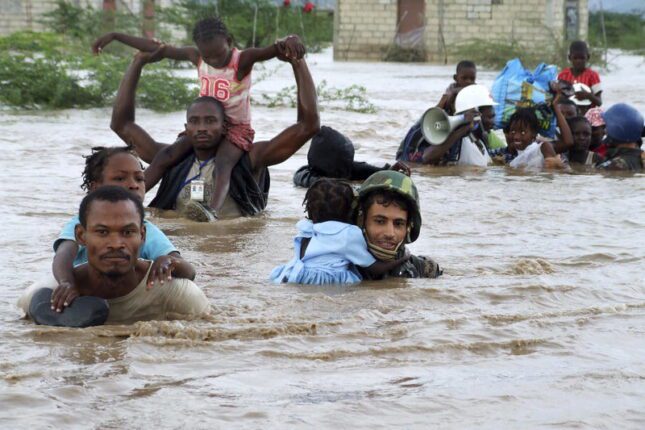-
Lessons from the COVID-19 Pandemic Can Help Achieve Health for All
›
“The [COVID-19] pandemic, as all of you know, severely disrupted essential health services in countries around the world, and it left many health systems reeling from the drain on resources,” said Nidhi Bouri, Assistant Administrator for Global Health at the United States Agency for International Development (USAID) at a recent Wilson Center event to assess lessons learned in coping with the stressors created by the global health crisis.
-
Before the Flood: Lessons from Attempts to Predict Displacement
›
Severe flooding is a major cause of human displacement. According to the latest annual report by the International Displacement Monitoring Centre, around 61 million people were forced to move within their country of residence during 2022 due to conflict or disasters. More than one quarter of these—19.2 million people—were displaced by floods.
-
“Radioactive Fish” and Geopolitics: Economic Coercion and China-Japan Relations
›
On the same day Japan began wastewater releases from the Fukushima nuclear power plant in late August 2023, the website of China’s customs agency announced the country would “completely suspend the import of aquatic products originating from Japan.”
-
ECSP Weekly Watch | December 18 – 22
›
A window into what we are reading at the Wilson Center’s Environmental Change and Security Program
Severe Water Crisis in Gaza
As intensive coverage of the war in Gaza has waned, the severe water crisis there has only worsened. Constant bombardment is impacting water production and distribution networks, forcing children and families are using water from unsafe sources.
-
Bottom-Up Food Waste and Climate Solution in China
›China Environment Forum // Cool Agriculture // Guest Contributor // waste // December 21, 2023 // By Xuehua Zhang
China is the world’s largest emitter of methane, a short-lived climate pollutant that traps 80 times more heat than carbon. Coal mining, agriculture, and food waste are China’s three biggest methane emitters. Among them, food waste holds the most promise for near-term climate action.
-
Crisis to Innovation: Lessons from COVID-19 Can Transform Routine Immunization Strategies
›
At a recent Wilson Center event, hosted in partnership with USAID’s MOMENTUM Routine Immunization Transformation and Equity Project, Dr. Folake Olayinka, Immunization Technical Lead of the Global Health Bureau at USAID, described a recent two year period as “the largest sustained backsliding of childhood vaccination,” citing the fact that “between 2019 and 2021, approximately 67 million children missed out on essential lifesaving vaccines.”
-
A New Tool to Assess Environmental Peacebuilding
›
As climate-related disasters swell in scale and intensity, the countries and communities impacted by fragility or conflict are among the most vulnerable. The explicit focus on relief, recovery, and peace at COP28 offered the international community a clear acknowledgement that climate and conflict increasingly overlap.
-
ECSP Weekly Watch | December 11 – 15
›
A window into what we are reading at the Wilson Center’s Environmental Change and Security Program
COP28 Extension Produces a New Agreement
In the closing moments of COP28, the almost 200 countries in attendance settled on a deal for a roadmap that would include a reference to “phasing out fossil fuels.” This language was a step toward highlighting the inevitability of this transition in order to address climate change.
Showing posts from category *Main.










